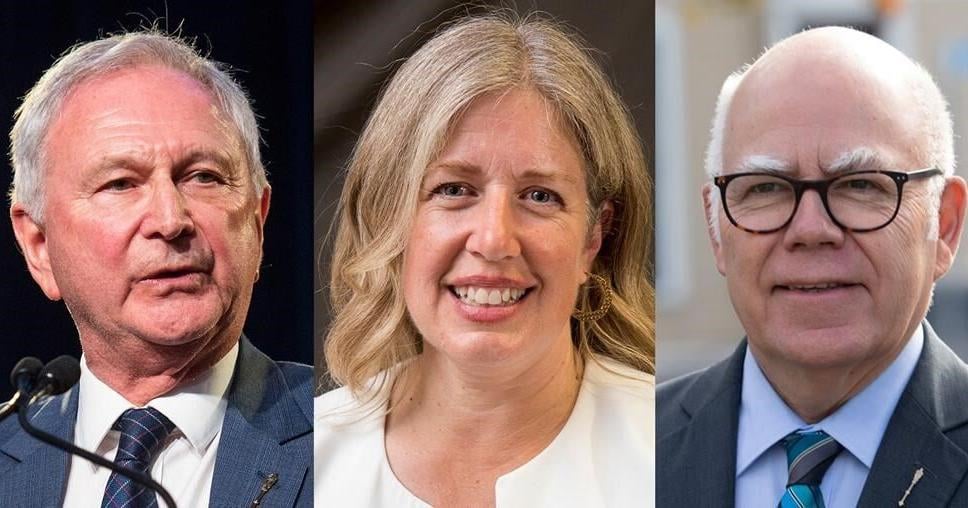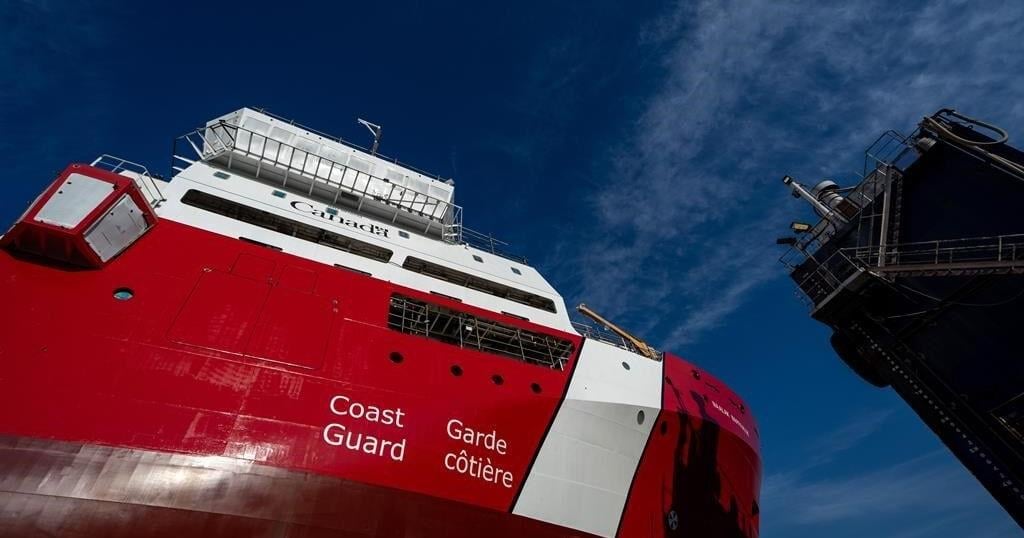The global economy is poised for a modest rebound in 2020, following a year in which it notched the weakest growth since the financial crisis.
Global gross domestic product will expand by 3.3% in 2020, up from 2.9% in 2019, the International Monetary Fund predicted in a quarterly update to its World Economic Outlook, released Monday in Davos, Switzerland.
The improved outlook is driven by a combination of aggressive monetary policy easing in 2019 and detente in America’s nearly two-year trade war with China.
One of the biggest surprises last year was the collapse in the global volume of trade in goods and services, which went beyond just the U.S. and China to drag down trade activity and investment across much of the world. Global trade growth slowed to 1% in 2019 from 3.7% in 2018.

Photo:
charles platiau/Reuters
The IMF expects that to reverse in the year ahead, with trade volumes rising 2.9% in 2020.
”On the positive side, market sentiment has been boosted by tentative signs that manufacturing activity and global trade are bottoming out, a broad-based shift toward accommodative monetary policy, intermittent favorable news on U.S.-China trade negotiations, and diminished fears of a no-deal Brexit,” the IMF said in its report.
The IMF characterized the signs of stabilization as “tentative,” saying that renewed trade tensions could “undermine the nascent bottoming out of global manufacturing and trade, leading global growth to fall short of the baseline.”
Much of the hope for the global economy depends on the phase-one U.S.-China trade deal remaining intact and not collapsing into new tariff escalations.
In remarks Friday at the Peterson Institute for International Economics, IMF Managing Director
Kristalina Georgieva
said the deal is “certainly good news, but is not sorting out all the complexities of issues between these two large economies.”
Ms. Georgieva said the trade tensions are costing the world economy 0.8% of global gross domestic product—meaning GDP will be $700 billion lower in 2020 than it would have been without the trade war. Of that loss, just a third of the amount is due to tariffs and the rest reflects companies not investing, the IMF estimates.
“We have some reduction of this uncertainty, but it is not eliminated,” Ms. Georgieva said. “Trade truce is not the same as trade peace.”
The IMF forecasts that both the Chinese and American economies will slow in 2020. They expect the U.S. to grow 2% in 2020, down from 2.3% in 2019. China’s rate will slip to 6% in 2020 from 6.1% in 2019. China’s forecast would have slowed more sharply, the IMF noted, without the trade deal.
For both the U.S. and China, the IMF has long predicted a slowdown for factors unrelated to the trade war. The U.S. economy has been expected to slow as some of the boost from a 2017 tax overhaul fades, while China’s economy has been slowing for years amid the aging of its population, and a shift away from debt-driven infrastructure building, among other factors.
Notable improvements in growth are forecast for a number of major emerging markets: Brazil, India, Mexico, and Russia are expected to see growth accelerate in 2020, by about a full percentage point in each country.
While the collapse in global trade sharply reduced growth last year, it was partially counteracted by global monetary policy makers, such as the Federal Reserve, which cut its target interest rate three times in 2019. The IMF said that without such stimulus, the figures for global growth in 2019 and 2020 would be 0.5 percentage point lower in each year.
—Harriet Torry contributed to this article.
Write to Josh Zumbrun at Josh.Zumbrun@wsj.com
Copyright ©2019 Dow Jones & Company, Inc. All Rights Reserved. 87990cbe856818d5eddac44c7b1cdeb8

























